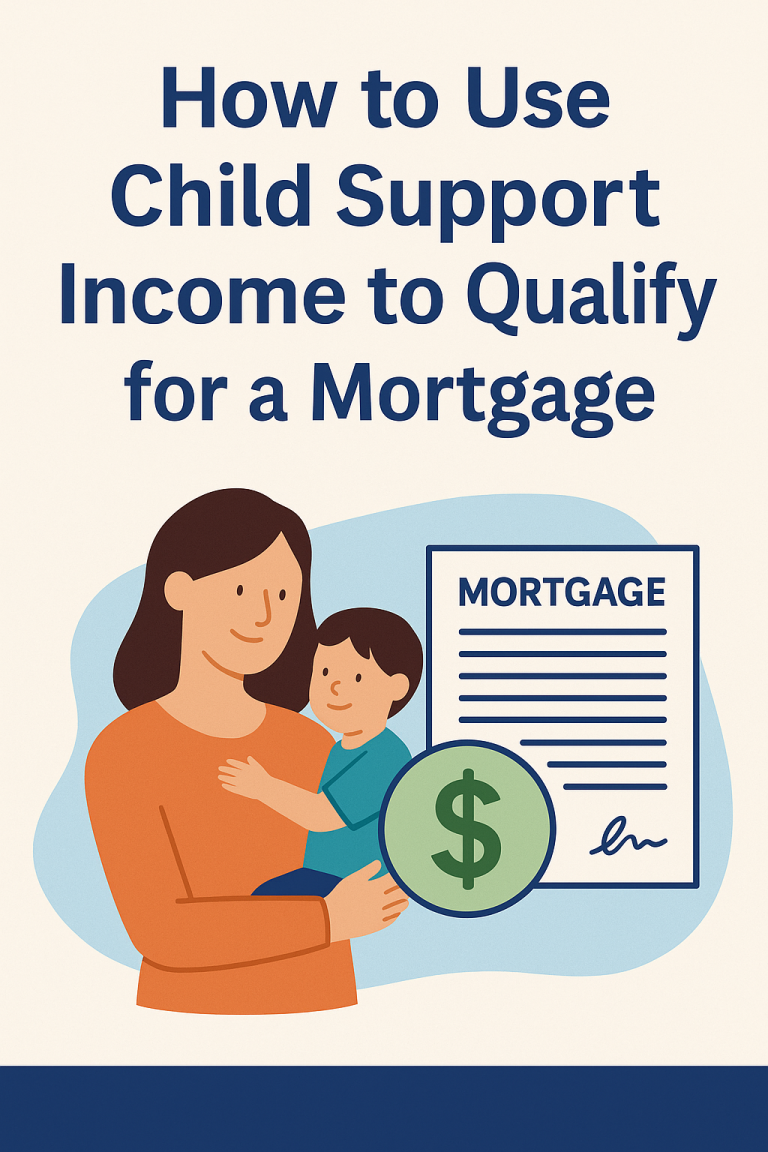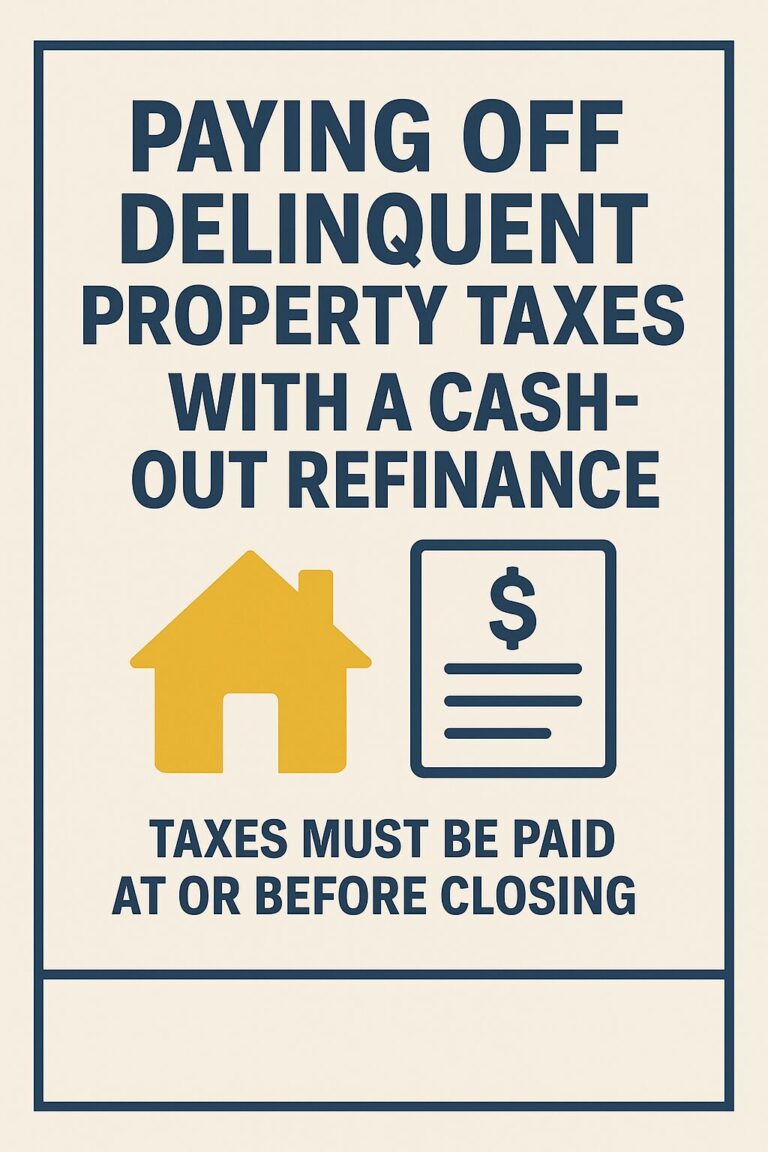Pay Uncle Sam and qualify on paper, short Uncle Sam, risk your mortgage loan application. Gambling your financial future, by saving a few bucks isn’t worth the risk.
Following Actions That Halt Your Loan Application
If you are a W-2 employee…
Then….
Taking expenses you incur in the course of your job as a write off against your taxable income is bad news for your loan. The IRS Form 2106 unreimbursed business expenses kills a loan application because it reduces your gross income used in making the loan. If you have things like mileage, dues, office supplies, tools, you incur as an bona fide employee, these items are best paid for by your employer. You pay a buck, you’re reimbursed a buck, dollar for dollar, on each expense, hence no reason to write it off right? Lenders will always wants your two most recent years income tax returns.
*Mortgage Solution: if you can support with documentation specifically what the 2106 expenses were on the tax return along with an employee letter explaining the nature of their reimbursement policy, and you can show these expenses were a one-time occurrence you can petition for the mortgage company to omit the business expenses allowing you to qualify for more house.
If you are self-employed…
Then…
Writing off as much expenses as possible will do wonders for your tax situation because it will show low income figures and or net losses. This comes at a cost- yep, your loan application. The relationship between the total income and other liabilities is extremely important for lenders when determining whether or not to make your mortgage loan. Showing less income to offset a housing payment spells bad news for any self employed consumer seeking home loan financing.
It gets more technical for self employed individuals, loan lenders use a twenty four month averaged income. In other words, if you show high income one year and low income another year, the lower incomes returns will be counted, which would reduce income. To offset the numbers, you would have to show double-profits in taxable calendar year.
*Mortgage Tip: Showing the maximum net profit and maximum numbers in the following fields; depletion, depreciation and business use of the home ( assuming eligible) followed by meals and entertainment help your qualifiable income. If business specific tax returns, same thing follows, you want to show maximum income, taking as little expenses as possible as this will show maximum income on paper necessary for handling a mortgage payment.
If you own rental property…
Then…
Not claiming rental property on a Schedule E. when the property truly is rental property is hot lending issue. If you don’t claim the rental property as such, nor take depreciation and omit rental income, this also creates red flag for lending purposes- why? For starters, it raises occupancy questions which is a risk characteristic of every mortgage application.
If you have rental property, but somebody else make the mortgage payment, and you give them the mortgage interest deduction that you otherwise are entitled to, lender will want a detailed explanation and liability still remains as yours.
Filing your 2013 tax returns the right away? Need your 2013 tax returns for qualifying for a mortgage?
Obtaining tax validations on 2013 tax returns will take awhile as IRS isn’t even processing 2013 returns till February 1, 2014. Trying to secure mortgage in the next few months? Understand your transaction could be delayed if you need 2013’s income for qualifying. Short of the 2013 tax returns, lender will need most recent years returns, 2012 and 2011 , along with month pay stubs and years’ W-2s.
As always be sure to speak with your tax advisor regarding your individual specific tax and income situation.
Need help with buying a home or refinancing? Talk to Scott Sheldon and start by getting a no obligation mortgage rate quote today!
Share:
Posted in:
RELATED MORTGAGE ADVICE FROM SCOTT SHELDON
Why Lenders Request the Same Documents More Than Once
If you’ve ever applied for a mortgage, you’ve probably wondered why lenders sometimes ask for…
VA Loans and the Clear Pest Report Requirement: What Buyers Need to Know
If you’re a homebuyer using a VA loan to finance your property, there’s a unique…
View More from The Mortgage Files:
begin your mortgage journey with sonoma county mortgages
Let us make your mortgage experience easy. Trust our expertise to get you your best mortgage rate. Click below to start turning your home dreams into reality today!



